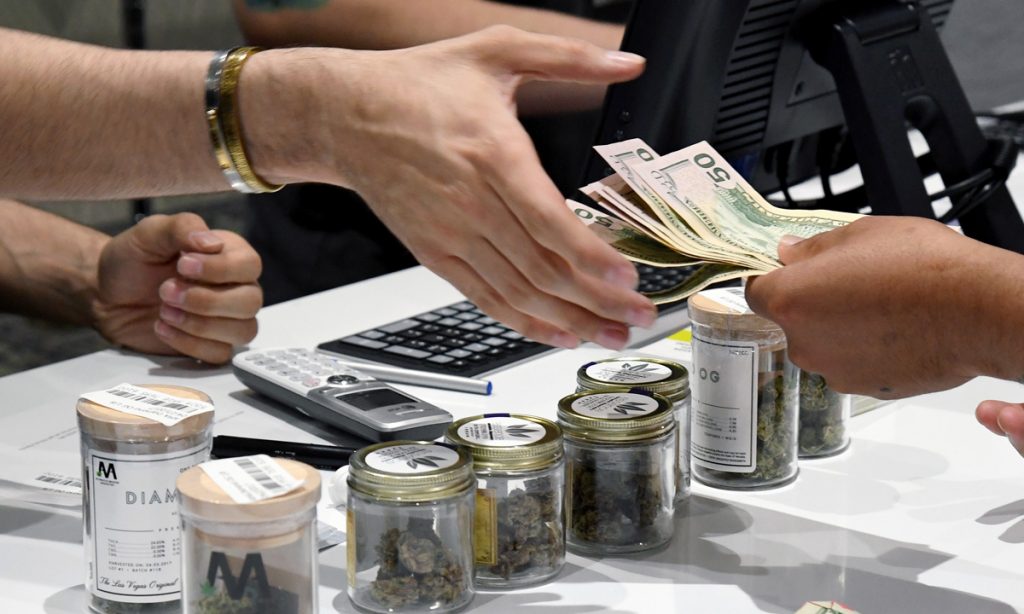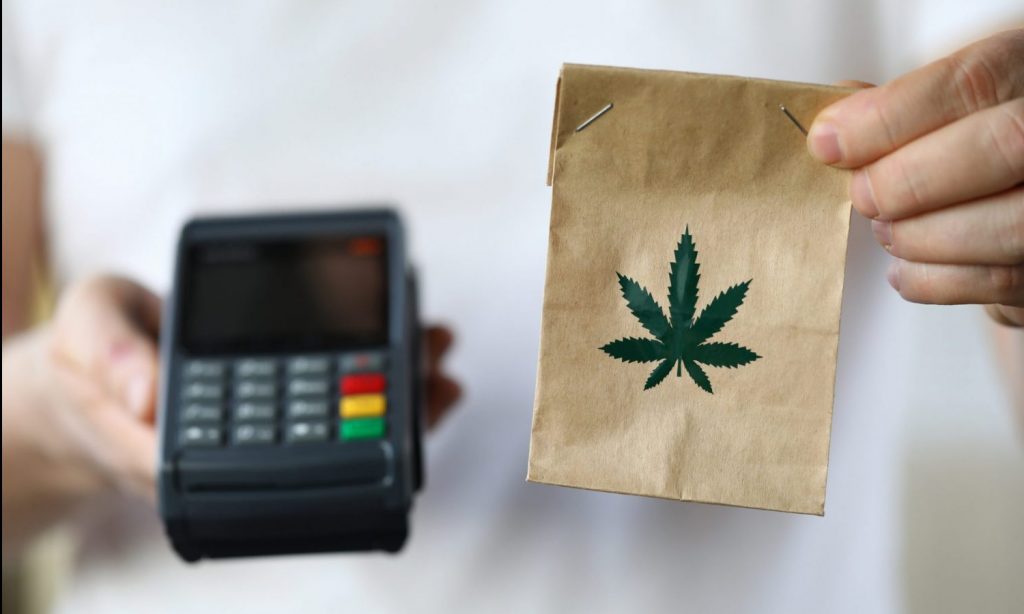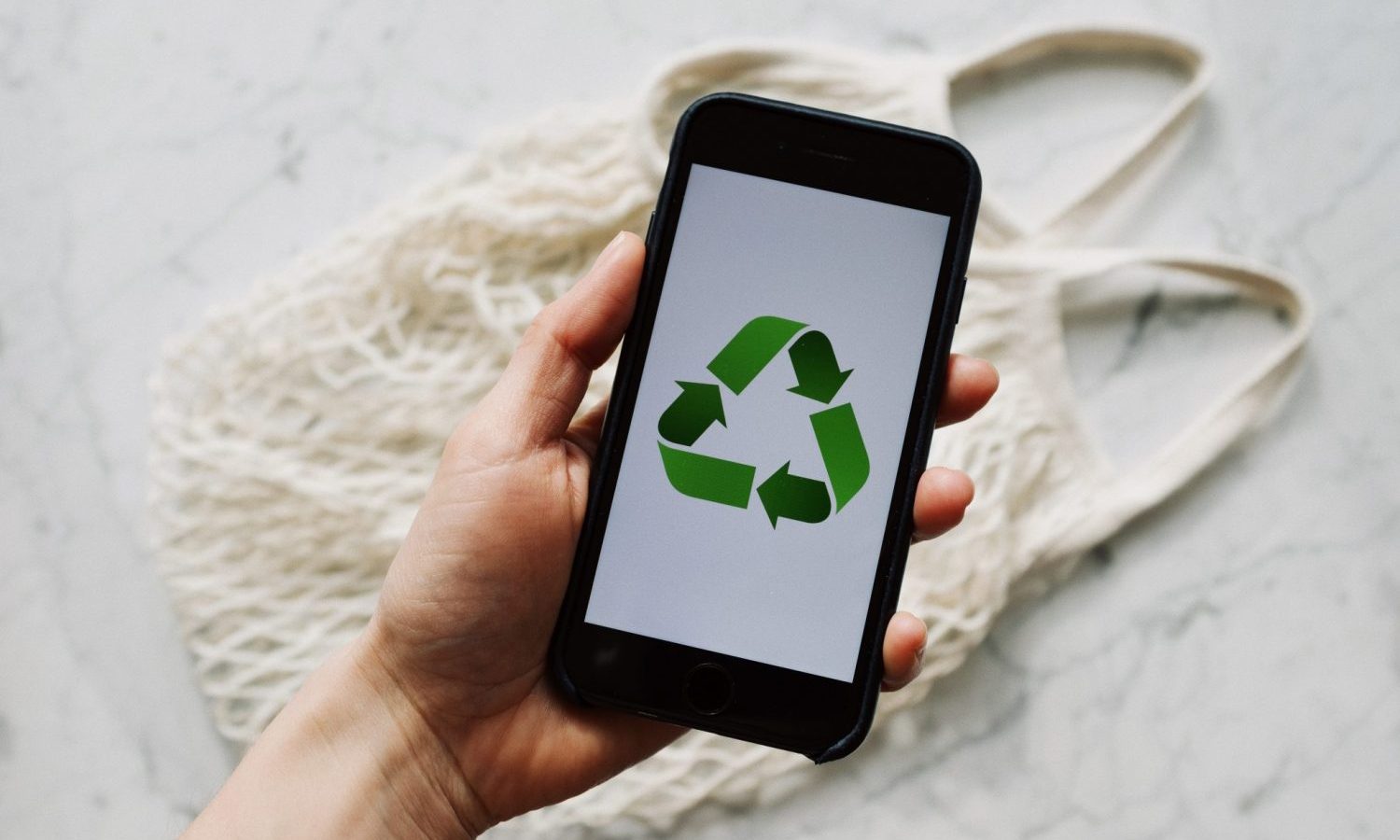The preference of eco-conscious cannabis consumers to buy environmentally-friendly products has motivated many businesses to clean up their act.
Earth Day 2021 is upon us, and cannabis companies across the industry are mobilizing to take “sustainability” from buzzword to business practice. Earth Day was founded in 1970 by Senator Gaylord Nelson as a national teach-in on the environment to raise awareness about issues like pollution and pesticide use.
While the cannabis industry has long been associated with the word “green”, the environmental impacts of production, packaging, distribution and materials sourcing for products like vape pens are often anything but.
Today’s consumers have grown up with the annual tradition of Earth Day and the heightened environmental awareness it promotes. Studies show sustainability is a factor driving customers’ buying decisions. Recent research by IBM revealed that nearly six in 10 consumers surveyed are willing to change their shopping habits to reduce environmental impact, and nearly eight in 10 indicated sustainability is important to them. Many will be looking for cannabis products that align with their cleaner, greener values.
A diverse group of North America’s leading cannabis cultivation and manufacturing experts formed the Sustainable Cannabis Coalition (SCC) earlier this year. The SCC will work proactively with industry cultivation and manufacturing peers and vendors to promote proven sustainability best practices that can be implemented at scale across the cannabis market. The SCC will be a resource providing foundational best practices to further promote the economic benefits of sustainability as the industry continues to grow.
The SCC founders include Cohn Reznick, Anderson Porter Design, Valiant, Wholly H2O, Cloud Farming, Argus Controls, Gro iQ, Trulieve (OTC: TCNNF), Byers Scientific, 365 Cannabis, GMP Collective, Omega Equipment, and Supply, Simplifya, PathogenDx, Grow Generation (NASDAQ: GRWG), and Outlaw Technology. These industry leaders are foremost experts in data-driven business strategy, facility design, facility construction, water use, pathogen detection, energy consumption, waste disposal, economic and social impact, vertical farming, ERP and seed to sale systems, lighting, air emissions, extraction, packaging and data-driven monitoring and optimization of environmental control systems.

Brands Tackling Sustainability
Eco-conscious cannabis consumers make up a large percentage of the marijuana-consuming population and their preference for buying environmentally-friendly products has motivated many businesses to clean up their act. Other companies have made sustainable practices a cornerstone of their business model. Nugg Club, a cannabis subscription box company, employs a model that is 90% more efficient than on-demand delivery services, resulting in over 250,000 pounds of carbon emissions saved each year. On top of that, Nugg Club’s boxes are 100% recyclable, made out of 80% recycled materials, and printed with nontoxic soy-based ink.
RELATED: States Pushing Cannabis Operations To Be More Earth Friendly
If you want to make sure that the contents of your subscription boxes have a similarly small carbon footprint, several companies have stepped up their sustainability game to meet the rising demand for greener products. California-based Summerland, which sells premium hand-made bongs and pipes, makes its smokeware in small batches made from pure clay. Stone Road grows its biodynamically-grown cannabis on an off-grid, family-run farm using only solar power and artesian water sourced from directly under the farm. All Stone Road products come in 99% recyclable packaging made from 100% post-consumer recycled goods. This year the company will start using rice protein isolate to create packing material, sourcing fully recycled glass jars and reclaimed ocean plastic to make their child-resistant lids.

Ivan-balvan/Getty Images
Kin Slips sublingual strips’ new packaging uses 75% less plastic than the previous version. It is entirely recyclable and made from Tinplate (the same material from which soup cans are made), which is easy to recycle and sort due to its magnetic nature and existing infrastructure. ALT’s liquid THC drink mixer is packaged in recyclable glass vials with sustainably sourced aluminum lids, while Marley Natural’s line of elevated smoking accessories features sustainably grown black walnut. Greening the cannabis industry will take more than responsible products and packaging, but Earth Day 2021 will see more focus on sustainable practices than ever before as companies increasingly co-prioritize planet and profit, hopefully to the benefit of both.
RELATED: Sustainable Cannabis — How To Find It And Why You Need To Start Caring
Eaze’s private label brand Everyday is an environmentally conscious brand, with recyclable packaging created using wind energy. By partnering with master indoor growers, the Everyday team has curated a range of high-quality flower strains for customers with discerning taste. Everyday starts at $45 for an eighth of flower.
Sana Packaging is working to make sustainable packaging more accessible by reducing the cost of its 100% reclaimed ocean plastic pre-roll tub by 30% and reducing materials used by 25%. The sustainable company also makes packaging from 100% plant-based hemp. The Bureau creates a variety of innovative and sustainable cannabis packaging designs made from biodegradable plastic and paper. Their products are customizable to meet each client’s specific needs and budget.
This article originally appeared on Green Market Report and has been reposted with permission.


